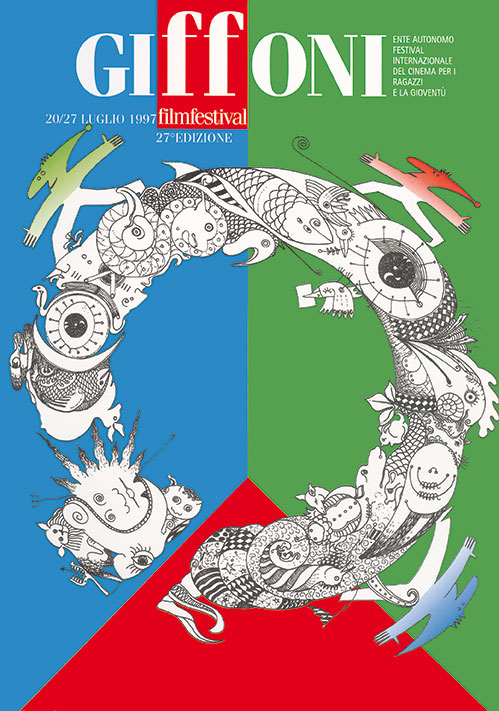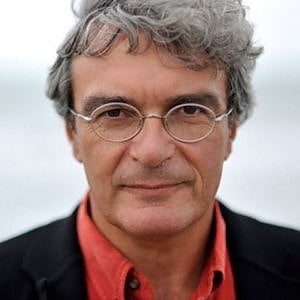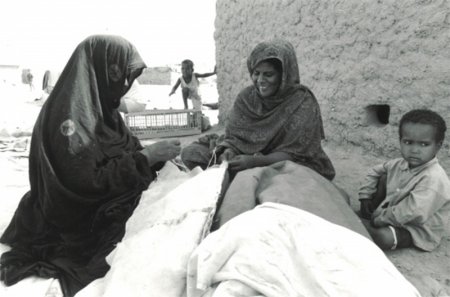Synopsis
The humanity and civilisation of the Saharawi people, who are able to retain their dignity and liveliness even while living in complete poverty and who have much more to reach us than what we can give to them. The problems of their children derive from a great injustice, which is the fact that these people are denied their own land.

Sections & Films
A SAHARAWI TALE
| Original Title | I bambini di Saharawi |
| Italian Title | Una storia Saharawi |
| Category | Out of competition |
| Section | Beyond Childhood: Five Film Directors For UNICEF |
| Tipology | Short Film |
| Duration | 31' |
| Production Year | 1996 |
| Nationality | Italy |
| Directed by | Mario Martone |
 MARIO MARTONE
MARIO MARTONE
Mario Martone (Naples, 20 November 1959) is a theatrical director, film director and Italian screenwriter.
He began his artistic career in the theater and set up his first show, Faust or the quadrature of the circle, in 1976. Two years later, thanks to the funds and spaces made available by the University, in December 1977 he founded the Nobili group of Rosa, with Andrea Renzi and then Francesca La Rocca, Augusto Melisurgo and Federica della Ratta Rinaldi. The group takes its name from an ancient alchemical coin. Among the Nobili di Rosa shows are Cracking and Adventures beyond Thule. In February 1979 "Nobili di Rosa" became False Movimento [1], and the filmmakers Angelo Curti and Pasquale Mari joined the group. Among his Otello representations in 1982, Knives in the heart in 1986 by Brecht, Return to Alphaville from Godard in 1986. Also in 1986 the group "Falso Movimento" merges with the Teatro dei Mutamenti by Antonio Neiwiller and the "Teatro Studio" of Caserta by Toni Servillo giving rise to Teatri Uniti. For the new formation he signs, among others, the royalties of Filottete di Sofocle in 1987 and Riccardo II of Shakespeare in 1993.
The film directorial debut was in 1980 with a short film sponsored by the Banco di Napoli, followed by "Black Forest". After 12 years, in 1992, he revealed himself to the general public with his first feature: Death of a Neapolitan mathematician, history of the mathematician Renato Caccioppoli who won him the Grand Jury Prize at the Venice Film Festival. In 1993 he made the medium-length film Rasoi, inspired by a theatrical performance previously set up at the Teatro Mercadante (1990).
Three years later he made his second film: L'amore molesto, in competition at the Cannes Film Festival and winner of the David di Donatello. Martone's cinema is harsh, essential. In 1997 he directed the episode "The ascent" of the film Vesuvius, which is worthy of praise but also a queue of controversy (and parliamentary questions): the character of the mayor committed to governing a difficult city like Naples is clearly inspired by Antonio Bassolino.


